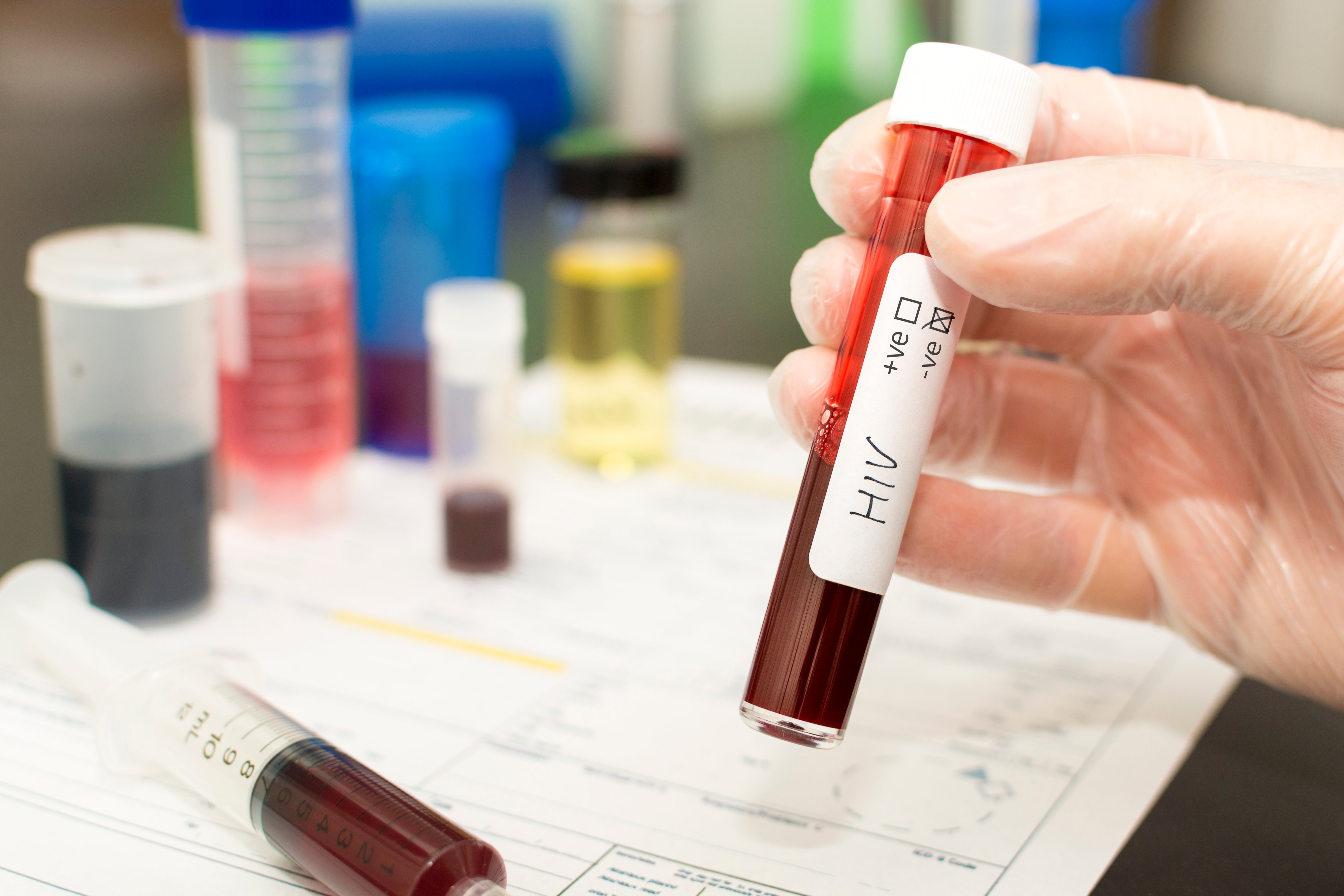This site provides INTERCEPT product information for International audiences Select your region
This site provides INTERCEPT product information for International audiences Select your region

In France, since 2010, the risk of HIV transmission by transfusion is reduced by the use of individual NAT.
Despite this testing approach, a false negative test result was obtained from a 57-year-old male repeat donor in March 2017, using the ProcleixUltrio assay. A repository sample from that donation tested positive with the Cobas Taqman HIV-1 (limit of detection at 95%, 17 copies/mL).
This is the first case in France of a false negative transfusion of HIV-infected blood donated during HIV pre-ramp-up phase.
HIV transmission from the platelet transfusions was excluded by lookback studies in the recipients. The absence of transmission to the platelet recipients could be due to the very low viral inoculum and/or to the efficacy of the INTERCEPT™ Pathogen Inactivation method used.
In conclusion, this case demonstrates that there is a real risk of contaminated donations since the early HIV phanse can go undetected even by highly sensitive NAT.
Reference:
Transfusion. 2019 Jun;59(6):2046-2053. doi: 10.1111/trf.15203. Epub 2019 Feb 19
Want to stay updated on the latest pathogen inactivation news?
You can receive our highlights by subscribing to our newsletter.
Do you have questions about the INTERCEPT™ Blood System, blood safety or blood transfusions? The INTERCEPT team has plenty of knowledge and expertise.
The information on this site is not country-specific, and may contain information that is outside the approved indications for the country in which you are located.
Use of INTERCEPT Plasma or Platelets is contraindicated in patients with a history or allergic response to amotosalen or psoralens. Consult instructions for use for indications, contraindications, warnings, and precautions.
Cerus, INTERCEPT and the Cerus logo are trademarks of Cerus Corporation.
© 2023 Cerus Corporation. All Rights Reserved. MKT-EN 00157 v43.0